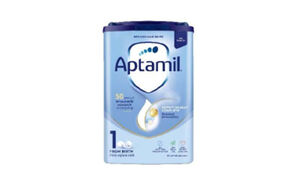Unmarried Irish mothers in UK 'relieved baby was getting a good home' — adoption report

'Few, if any of the long birth certificates had fathers’ names on them — it was generally just the mother’s name.'
A former adoption social worker who worked with unmarried Irish women who were pregnant in the UK said the mothers were often “relieved that the baby was getting a good home”.
The comments were made in a new report published by the Adoption Authority of Ireland (AAI) to mark 72 years since the Adoption Act was introduced with the aim of preventing illegal or forced adoptions.









